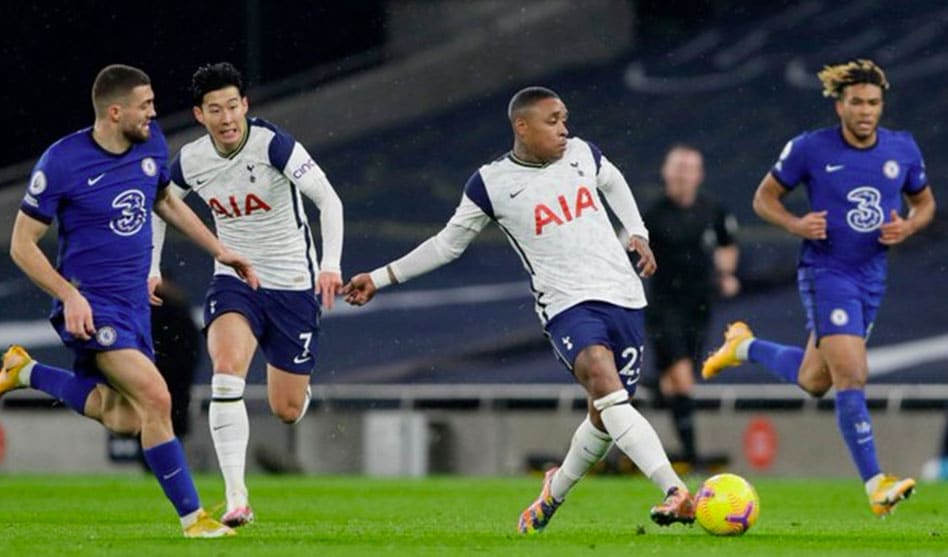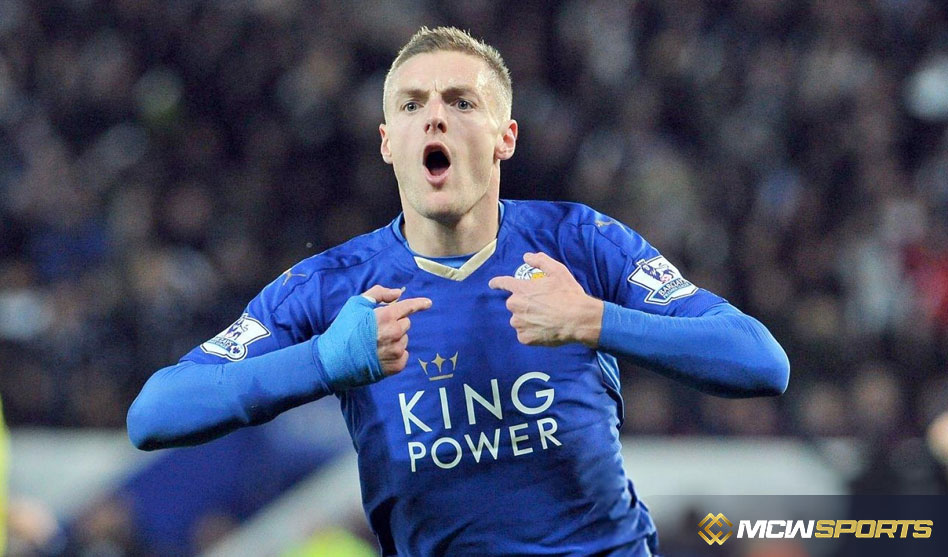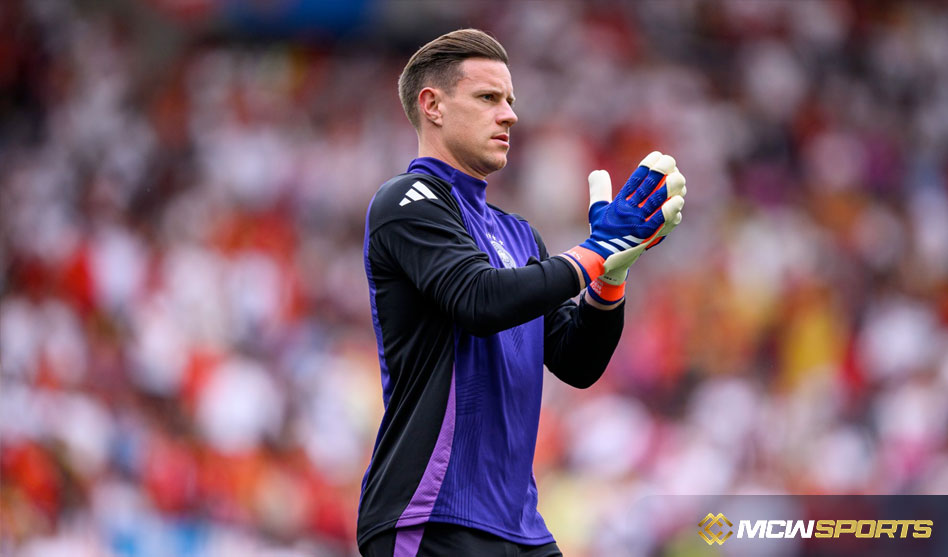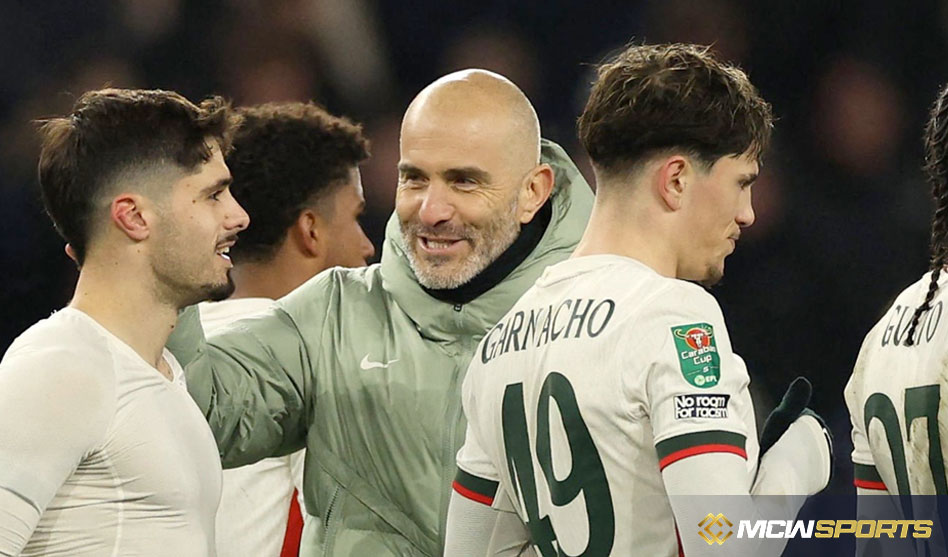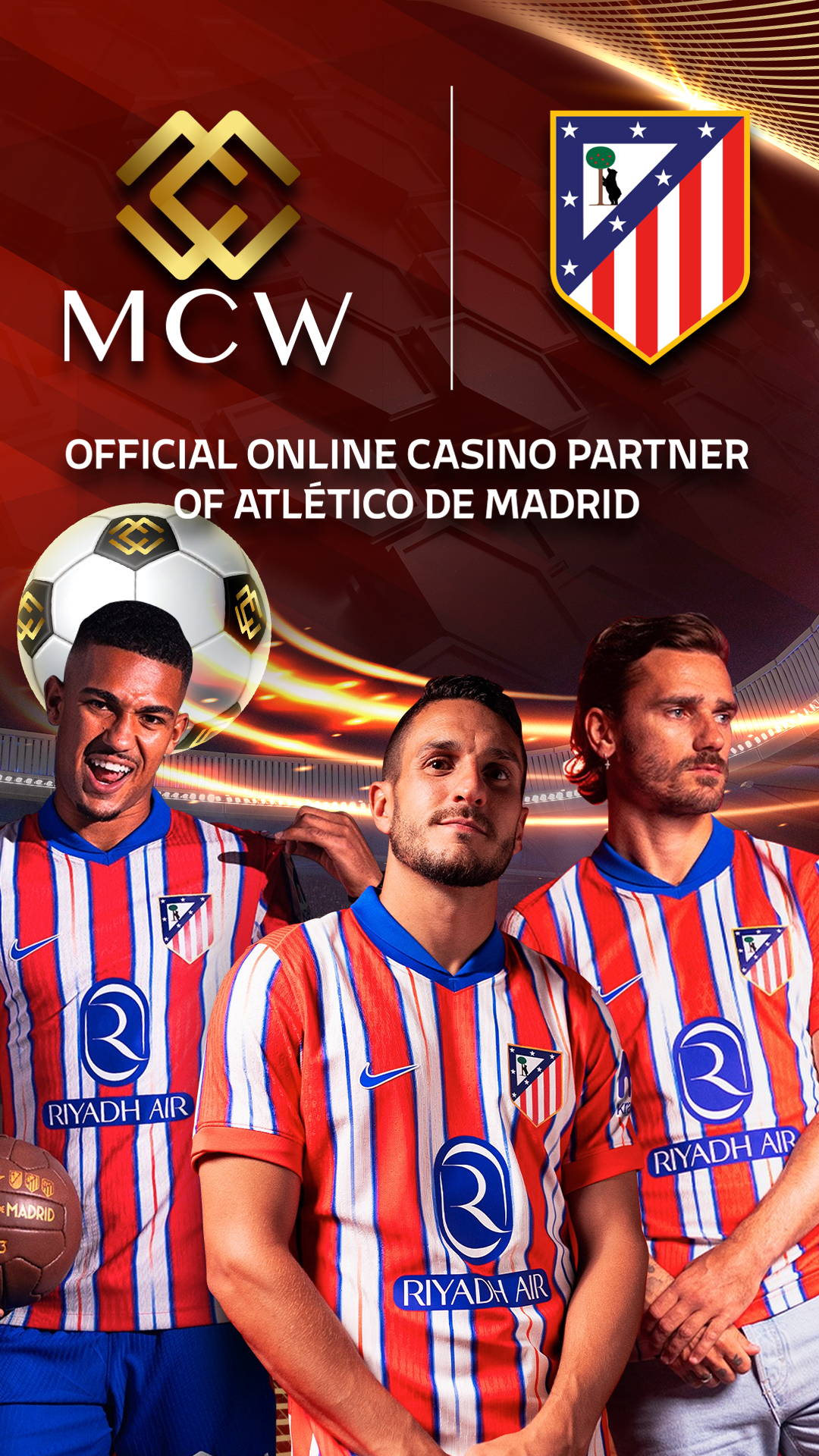This content has been archived. It may no longer be relevant
TEMPTING it truly is just to picture this coming weekend, Sunday at Stamford Bridge when Chelsea and Tottenham reflect on the most recent episode of their own sub-epic two-hander as another illustration of the Trigger’s Broaom thesis, the pursuit of things’ essence. Change the venue, the atmosphere, and the hiring process. Switch up the manager. A key detail to this is getting one who likes holding up trophies. Adjust the expectation’s objective level. Is this still a Spurs thing? Spurs’ attacking threat makes them competitors after so many barren years, whereas Chelsea is forced to rely on Sterling.
When it counts, can this team be counted on to defeat elite opponents. Or will they play by rote, prancing around on their fragile foal-like legs before falling in a swirl of hooves when the chance of real success arises? Or at the very least, are the Spurs still performing in that distinctive manner?
Of course, Chelsea also experiences change, but in a far more profound way. The whole mind-boggling scope of what has transpired to the most influential player in English football history during the past six months is still difficult to comprehend. The real wonder of Chelsea’s winning machine for two decades was its consistency. Head coaches came and went, wearing changing faces, coats, and standing in different ways, yet some unbreakable thread of cold, iron sports will—and £1.5 billion in rolling loans— kept this super-yacht surging on.
In addition to losing its limitless coffers, that 20-year endeavor has also lost every club hierarchy member in charge of administering the company. Is Chelsea still there? What precisely is Chelsea? Is a brazen bro-billionaire sporting Ringo sunglasses really any different from a shady oligarch sporting fancy double denim? Where will we experience the waves and the changed angles? Although it is obviously too soon to tell, the acquisition of Raheem Sterling is a blatant demonstration of continuous elite desire. Even still, a match between Spurs and Chelsea at this point is beautifully placed to become a touchstone — not quite a mega-derby or a clásico, but at the very least a source of intense mutual annoyance. This is because these teams have tended to define one another’s advancement during the last ten years.
This relationship has been dominated by Chelsea, who are the main contributor to the perception of Spurs as on the verge of success but not quite. A decade-long unbeaten streak against their (north London version) most despised opponents, a 6-1 victory at White Hart Lane, an ongoing 11-match streak with just one Carabao Cup penalty shootout loss, and the feeling of being in a different place—a distinct VIP lane—all contributed to the Abramovich years being essentially a riot on this front.
MEANWHILE—here we are with a gathering of clubs looking for new patterns and forms. The four league and cup losses to Chelsea last year clearly upset Antonio Conte. Now, victory would actually signify advancement. And Spurs still have hope in this situation for a very clear reason. Tottenham’s assault is superior to Chelsea’s for the first time in a long time, with more choices, a stronger edge, and more goals. This is important for additional reasons as well.
In truth, the difference between these two clubs was never caused by any sort of ancient warlock’s curse or omen. Spurs have simply had a smaller team, have made terrible hiring decisions, have spent less than Chelsea (by no means an elite club), and have played for the past eight years without a true backup center-forward.
Nothing about a curse or a lack of courage has anything to do with this. The reality of reducing your resources to fulfill the needs of developing a new stadium is instead difficult commercial design. This has the impression of about to change. Ignore the lily-livered whites, culture, and vibes. Here, there is some genuinely varied and deep latticing. The Drogba, Hazard, Costa, and Anelka team. Right now, Spurs have them covered.
Lukaku and Timo Werner have now left. On paper, Sterling and Armando Broja appear to be excellent replacements; Sterling, in particular, represents a significant improvement and was already the team’s most dependable scorer before scoring a goal for Chelsea. Other than that, in 284 Chelsea league games, Kai Havertz, Mount, Hakim Ziyech, and Christian Pulisic have combined for 61 goals.
While Spurs have Harry Kane, who averages 17 goals per season despite playing with a migraine, a grudge, and a sprained ankle, Son Heung-min, a golden boot winner, Dejan Kulusevski, a really promising young player at 22, and Richarlison, who starts for Brazil but is currently pondering how he’s going to force his way into this match while sitting on the bench.

 English
English


